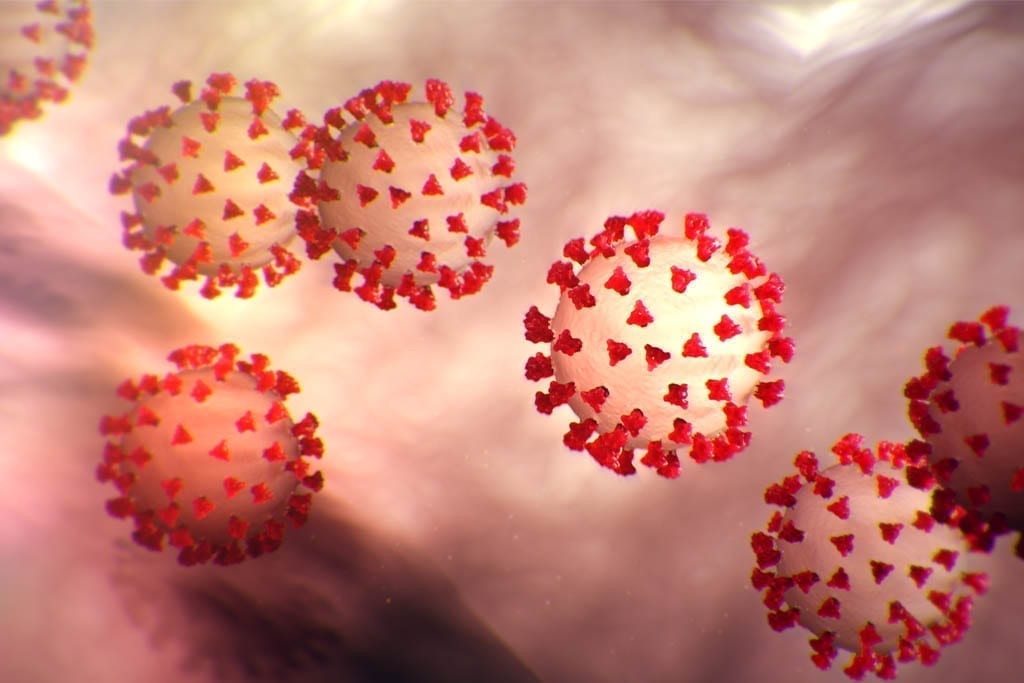The post Rosatom Groups Help Medical Workers Battle Coronavirus appeared first on POWER Magazine.

Scientists at SSC RF TRINITI JSC, a subsidiary of Rosatom’s science division, this week announced they have developed a method of disinfecting and sterilizing medical instruments, clothing, equipment, and facilities using mobile devices for the production of concentrated ozone.
The action is one of several initiatives undertaken by Rosatom, the Moscow-based Russian state nuclear corporation, to combat the spread of the COVID-19 coronavirus. Several nuclear power generators are working as part of the worldwide response to the pandemic, including the production of medical isotopes.
Sterion JSC, a part of JSC Rusatom Healthcare created by Rosatom alongside a private investor, last week signed a contract with Delrus to sterilize more than 58 million medical masks.
Rusatom-Additive Technologies (RusAT, a subsidiary of Rosatom’s fuel company TVEL) has produced prototypes and is prepared to begin using 3D printing to manufacture valves for Venturi oxygen masks, an important component of ventilators being used by hospitals worldwide to treat coronavirus patients.
Rosatom CEO Alexey Likhachev in a statement provided to POWER on April 9 said, “The enterprises of Russia’s nuclear industry are mobilizing their resources to combat the coronavirus pandemic. All Rosatom companies specializing in medical research or the production of medical equipment are harvesting the necessary manufacturing capacities and intellectual capital to quickly reorient themselves to making supplies that doctors require to fight the coronavirus. We have informed Russia’s Health Ministry, Emergency Situations Ministry, and Defense Ministry, as well as the country’s consumer rights watchdog Rospotrebnadzor, of our ability to produce Venturi valves. If necessary, we will start producing the valves in the near future.”
A group of scientists at SSC RF TRINITI JSC, under the supervision of Alexander Basiev, a physical and mathematical sciences researcher, are producing ozone at concentrations of up to 0.7 g/l at speeds up to 6 kg/h. The process uses a mobile device—an ozonizer—about the size of home air purifier. The device is placed in a sealed box along with tools that require disinfecting, and the disinfecting process takes about 15 minutes.
Rosatom said “the mobile ozonizer is capable of disinfecting virtually any medical object,” and said that “in terms of bactericidal efficiency, ozonation with such a device is more effective than ultraviolet germicidal irradiation or treating an area with chlorine.”
“At the moment, most medical rooms are treated with chlorine, which is a toxic substance. Ozonation, by contrast, is a clean technology that, if used correctly, does not have adverse effects,” said Stanislav Kosarev, the project’s supervisor. “Using our device allows you to sterilize scrubs, etc., without thermal exposure, which will increase their lifespan.”
Sterilization of Medical Masks
Delrus supplies sterile masks to Russian medical facilities; the masks need to be sterilized because the lining comes into contact with the wearer’s mucous membranes.
Likhachev said sterilization using radiation technology guarantees that medical devices are processed safely and efficiently, which is especially important in the ongoing COVID-19 pandemic. JSC Sterion’s first batch of masks totaled 92,000 units. The work has transitioned from its ordinary two-shift operating mode to round-the-clock manufacturing, enabling three shifts, and the ability to sterilize up to 10 million masks per week, according to Rosatom.
Alexander Shibanov, CEO of JSC Rusatom Healthcare, Rosatom’s integrator in the field of radiation technologies in medicine and industry, said JSC Karpov NIFHI (a JSC Rusatom Healthcare subsidiary) also is contributing to the process and could sterilize up to 3 million masks per week. “Other enterprises involved in the sterilization of medical devices have already been enlisted in this endeavor,” Shibanov said.
3D Printing of Valves
RusAT’s production facilities have the capacity to 3D print about 300 valves each week to be used in Venturi oxygen masks. RusAT’s process uses a biocompatible polymer, which does not require additional processing.
Venturi valves are used in conjunction with aerosol masks to provide oxygen at low flow rates. The valves are designed for short-term use, and require replacement every few hours. 3D printing has emerged as a viable solution to help support the need for the valves.
RusAT CEO Mikhail Turundaev said, “Our company, as Rosatom additive manufacturing industry integrator, has studied the possibility of 3D printing valves for ventilators, has made prototypes, and is ready to start production for delivery to medical institutions. In addition to valves, 3D printing can be used to produce masks, respirators, and other medical devices.”
RusAT’s activities are focused on four key areas: 3D printers and their components production; creation of materials and metal powders for additive manufacturing (AM); development of the software suite for AM; and outsourcing 3D printing services for clients and AM introduction into production, including the organization of AM production centers.
Rosatom’s TVEL Fuel Company incorporates enterprises for the fabrication of nuclear fuel, conversion and enrichment of uranium, production of gas centrifuges, as well as for research and design organizations. It is the only supplier of nuclear fuel for Russian nuclear power plants. It provides nuclear fuel for 73 reactors in 13 countries, and for research reactors in eight countries, as well as transport reactors of the Russian nuclear fleet.
—Darrell Proctor is associate editor for POWER (@DarrellProctor1, @POWERmagazine).
The post Rosatom Groups Help Medical Workers Battle Coronavirus appeared first on POWER Magazine.